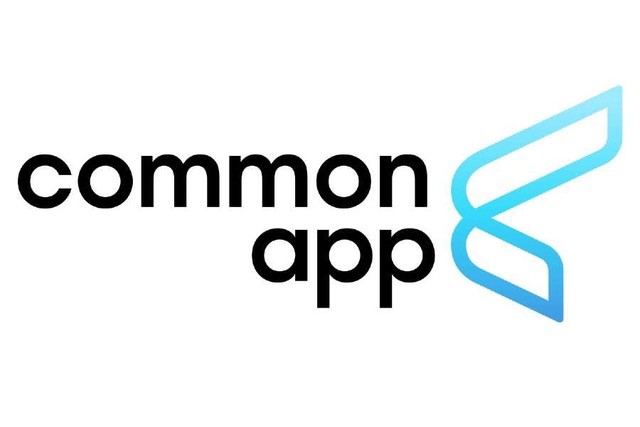Is Legacy Preference in College Admissions Going Away Anytime Soon?
Re-Evaluating Legacy Preference
In the wake of Varsity Blues – the college admissions scandal that mesmerized the nation – and amidst both the Covid-19 pandemic and an important movement toward racial equality, you would think college admissions offices might re-evaluate the advantage bestowed to the children of their alumni, particularly since application numbers are down for first-generation and low-income students and applications to the most selective schools in the country are up. It would seem, then, quite unfair to provide yet an additional advantage to legacies who are already well-positioned for admissions to such competitive universities. However, this disconnect between how colleges treat legacy students and the rest of the applicant pool isn’t as simple as it seems.
Legacy Preference in Admissions and Finances
In fact, most college admissions offices admit full-pay and legacy students so that they can accrue the funds to offer financial support to first-gen and low-income students, not in spite of them. In a recent Hechinger Report’s article, this counterintuitive argument is supported by Angel Pérez, chief executive officer of NACAC, the National Association for College Admission Counseling. “If I am sitting in the [admissions] chair, I would not be doing away with legacy, because all of my goals to admit more low-income kids would be in jeopardy,” said Pérez. This statement comes from the guy who just formed a commission on revisiting admission and financial aid policies with racial equity at the forefront. Legacy admissions create an important pipeline of qualified students and their parents’ tuition payments, and colleges need to know they can afford their incoming class, which for many will include students whose families simply can’t pay the exorbitant cost of attendance. Pérez continues: “There is a secret handshake between institutions and alums: you be faithful to us and we will be faithful to you.”
Admissions Numbers
Still, this tit-for-tat agreement is hard to stomach for some, and college admissions offices aren’t making it any easier by staying mum on their legacy numbers. Almost all of them will tout the numbers for total applications, diversity, first-generation, and even geographic region, and some will provide details about their early admissions outcomes. Very few, if any, however, will get into the weeds about how they view legacy preference and to what extent. Ask and you’ll hear that they don’t have this information available. They have it, all right; it’s just not available – to you.
Transparency in Admissions
It may be naïve to believe that moving admissions in the direction of transparency would result in a net win for all, despite admissions officers’ fear of revealing the man behind the curtain. It’s understandable to expect clarity from admissions, but they often don’t even have that clarity until they’re in the middle of the application season. Every year demands different institutional goals and yields different applicant pools. While there may be historic data and trends to rely on, that went out the window when the pandemic altered every sector of our lives, and admissions was, of course, no exception. Maybe there wasn’t much of an excuse to avoid the question before March 2020, but now college admissions offices will need time to recalibrate their understanding of how they can shape their future incoming classes.
It’s safe to assume that legacy admissions preference is here to stay for quite a while. If you want to talk about legacy preference in college admissions with a Moxie College Counselor, feel free to contact us anytime.
Share this article

Follow us
A quick overview of the topics covered in this article.
Latest articles
Reading Time : 2 mins
Reading Time : 4 mins
Reading Time : 4 mins




